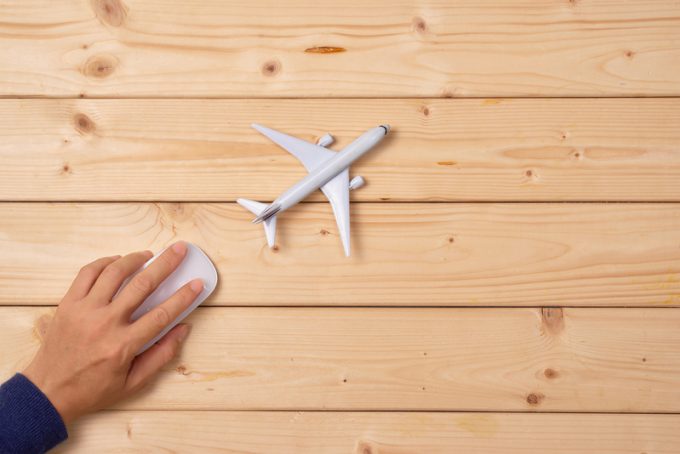Open tariff window could see rush of electronics and pharma into the US
Electronics and pharmaceutical shippers are expected to be racing to get transport to the US ...

After years of criticism that airlines – their cargo sides, anyway – were failing to develop new distribution channels, digitisation and online sales are this week’s buzzwords.
First up was Air France-KLM Cargo, which signed up to Freightos’s air freight WebCargo platform, which claims to be the world’s largest.
It allows ...
Bad news for shippers as wave of transpacific rate increases continues
No deals with carriers, say Houthis – Red Sea safe for non Israel-affiliated ships
Rapid transpacific capacity build-up continues – can USWC ports handle it?
Schenker's Shirley Sharma Paterson moves to K+N as global head of sales
Red Sea crisis has driven most new capacity into extended Asia-Europe trades
Carriers on the hunt for open tonnage again as transpacific rates soar
Dates to watch for in the latest chapter of TACO's tariff travail
Freighter capacity on the rise, with air cargo demand expected to pick up

Comment on this article